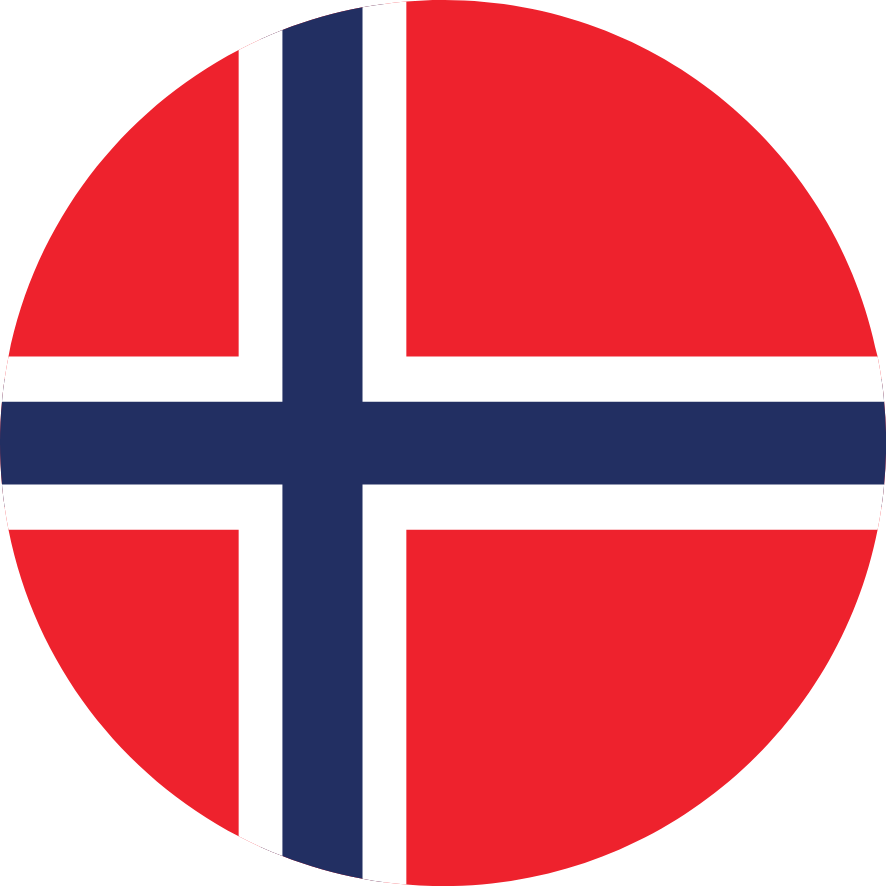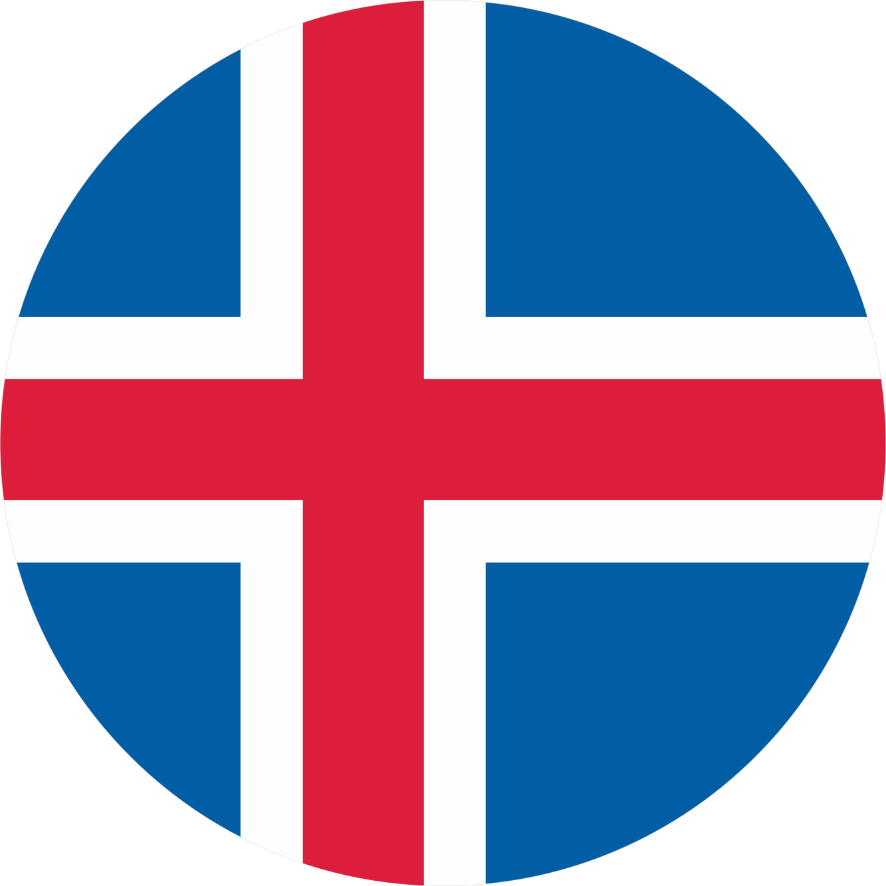BAUHAUS Goes North Partners - Contact Information
Contact information for all BGN partners
Contact Us
Listed below are contacts for each partner of the BAUHAUS Goes North project. Feel free to also reach out to us via our main social media platforms.
University College Cork
University College Cork (UCC) has is an internationally competitive, research-led university that is ranked in the top 2% of universities worldwide. UCC aspires to provide a vision “to be a leading university of independent thinkers.” Our role here involves the questioning the continuous challenges within regional environments towards a more sustainable future around green infrastructure, climate, and energy behaviour. At the core of this objective is the idea of finding new ways of engaging with emerging paradigms around sustainability that align with the main objectives of the UN 2030 Agenda (2015) and respond to emerging socio-cultural, aesthetics, and environmental problematics of the ‘Anthropocene’ period as defined in the New European Bauhaus - demanding a new 'Green Imaginary'.

OULU University of Applied Science
OUAS offers a broad range of bachelor's and master's degree programs in areas like Information Technology, Culture, Business, and Environmental Knowledge. OUAS's strategic focus for 2020-2030 highlights key areas such as Environmental Knowledge, Sustainable Well-being, and Digital Disruption. This focus combined with participation in the Oulu Innovation Alliance, underscores their commitment to innovation and regional development. Our expertise in Information Technology, Culture, Business, and RDI activities, particularly in environmental and digital fields, aligns closely with the objectives of urban development projects, including campus development, city regeneration, and remote islands development. The alignment of OUAS's competences with the New European Bauhaus approach, which stresses sustainability and aesthetics, positions them as a valuable contributor to the evaluation of best practices and the development of impact pilot projects.

UIT The Arctic University of Norway
UIT The Arctic University of Norway is a medium-sized research university and have approx. 4000 employees and 17 500 students. The engineering faculty (IVT) has education at all levels (bachelor, master and Ph.D.). The faculty stands foremost in engineering research and the development of new teaching methods and pedagogy. IVT has close cooperation with universities and institutes in the North. The department of building energy and material technology has several large research projects with SINTEF and Norwegian industry, and collaborating in several projects with Swedish and Finnish universities and business. We are also part of CIC cluster, AB3C cluster project and have many industrial cooperation agreements. Increasing the competence level in the industry based on relevant research is one of UiT's main priorities and to be part of a cross-border academia and industry cooperation in the North is within the strategy for building new international activities and research projects.

City of Bodø
Bodø Municipality is in the planning phase of the new urban district Hernes. The municipality has ambitions to develop a smart and sustainable city district with attractivity for people in focus. The development of necessary competence and plans to achieve the goals have been ongoing for years and is still developing. The organization has relevant experience and competence in topics like zero emission neighborhoods, microclimate, circular economy, smart mobility, energy efficiency and social sustainability in urban development, attained through municipal planning, cross-sectional collaboration, R&I projects, networks and real-life experience from running the city. The collaboration with UIT strongly strengthen the competence in building, environment and microclimate, and experience from other project partners give valuable insight for the pilot. Bloxhub has highly competence in Bauhaus principles in urban planning, and the collaboration is expected to lift the quality of the pilot.

Umeå University
Umeå University (UmU), is a comprehensive university covering research and education in medicine, science and technology, social sciences, arts and humanities, and educational sciences. BGN has two partners from Umeå university: Umeå school of Architecture (UMA) and Department of Applied Physics and Electronics (TFE). UMA is the most northern architecture school in Sweden with a focus on circular, climate-adapted architectural design to enable sustainable communities. UMA has expertise in the field of passive architectural design, nature-based solutions for water harvesting, treatment and reuse, urban planning and co-design. UMA has been working on Holmön island for several years working with different local stakeholders. TFE has multi-disciplinary research expertise in energy and resource conservation fields. The group’s competence includes energy efficiency and renewable energy measures, energy performance and life cycle analysis of buildings, quantitative and qualitative surveys.

Green Building Council Iceland
Green Building Council Iceland (GBCI) is an NGO established in 2010 to encourage sustainable construction. Throughout the years, the main focus of GBCI work was the decarbonisation of the built environment, with a particular emphasis on energy consumption and efficiency in buildings, zero emission buildings, emission-free construction sites, and Icelandic and Nordic legal environment impacting green construction. Much of GBCI's work has also been on circular construction with an emphasis on the circularity of available materials, circular building design, and their legal aspects. Moreover, GBCI has participated in several national and international projects and, thanks to that, created a network of Icelandic, Nordic, and European contacts. To sum up, GBCI can contribute to the project with the accumulated knowledge on sustainable construction combined with the network of contacts, aiding the realisation of project objectives.

Cork County Council
Cork County Council (CCC) has a key role as a local authority in the area of climate change, climate adaptation and energy efficiency, & has a dedicated Climate Action Office. CCC is currently responsible for the management of 130 public buildings, as well as 7,030 social houses, 40,000 public lights and a fleet of 700 vehicles. It is the first local authority in Ireland to achieve ISO50001 certification of its Energy Management System, and this has resulted in substantial energy and cost savings and enhanced energy efficiency and has also progressed the organisation as a leading national body in this sector. CCC is the lead authority for the Atlantic Seaboard South Climate Action Regional Office (CARO) supporting & coordinating climate action undertaken by five Local Authorities. This is a key regional role in ensuring that public actors meet their climate targets & adequately

